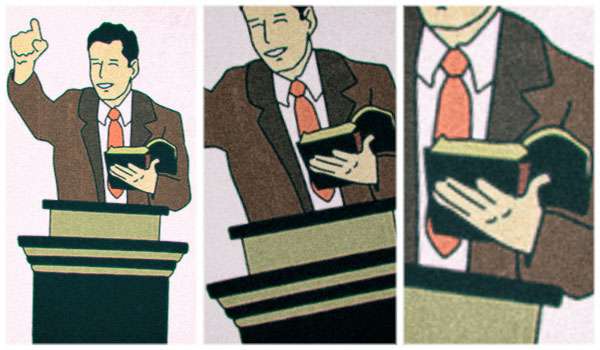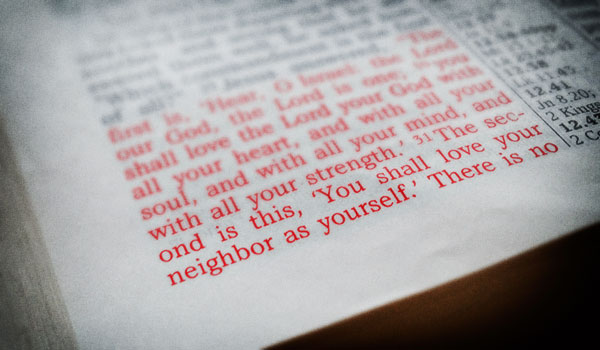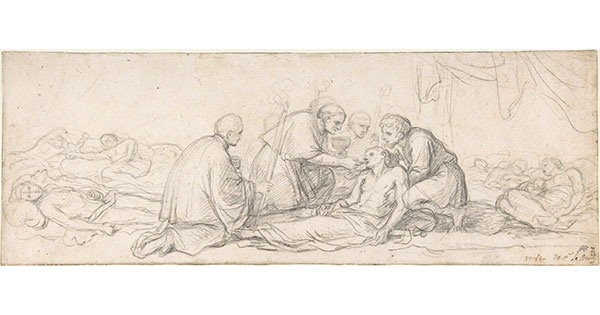That position [Universalism] has consistently been held as heretical by the Church for two-thousand years … You can go back to Athanasius, you can go back to Augustine, you can go back to Huss, and Tyndale, and others.
— Mark Driscoll
While the doctrine of universal reconciliation has indeed been a minority position throughout most of Christian history–albeit not quite two-thousand years!–all one has to do is turn to Augustine, a clear non-Universalist, to see how it was once upon a time a rather popular doctrine. He, in the fifth century, rather dismissively writes:
It is quite in vain, then, that some–indeed very many–yield to merely human feelings and deplore the notion of the eternal punishment of the damned and their interminable and perpetual misery. They do not believe that such things will be. Not that they would go counter to divine Scripture—but, yielding to their own human feelings, they soften what seems harsh and give a milder emphasis to statements they believe are meant more to terrify than to express literal truth.
— Augustine, Enchiridion, sec. 112.
When Augustine described the Universalists as “indeed very many” (immo quam plurimi), what he meant is that they were a “vast majority” (Ramelli, Christian Doctrine, 11). That is what the Latin word plurimi, from the adjective plurimus, implies. And though Augustine himself didn’t affirm this doctrine (although he did in the beginning [Ibid.].), he… [Read more…] about Indeed Very Many: Universalism in the Early Church









